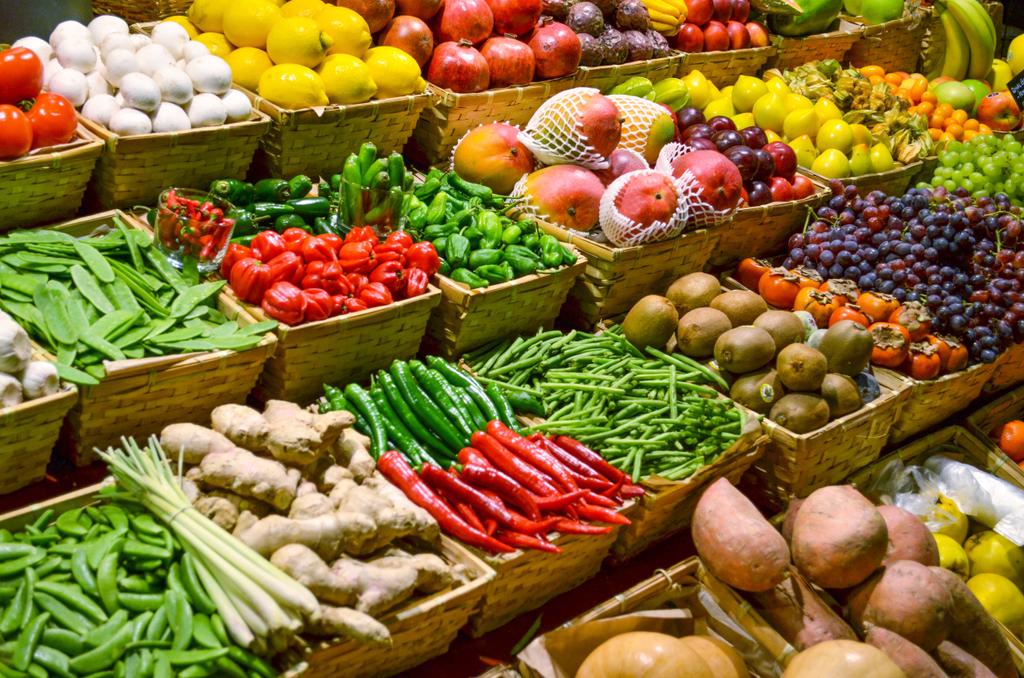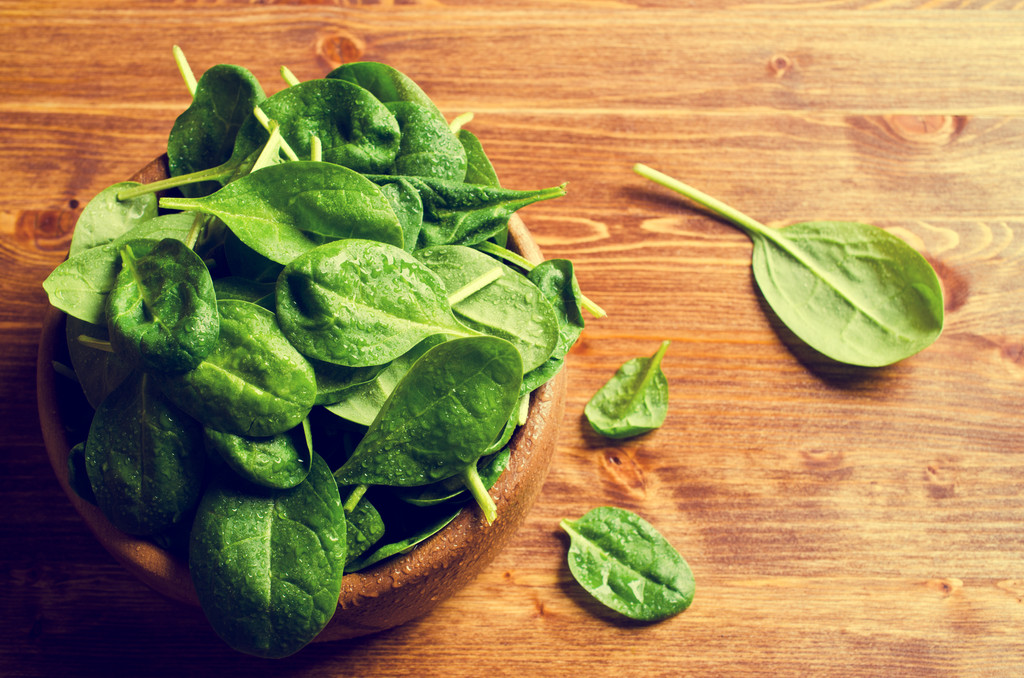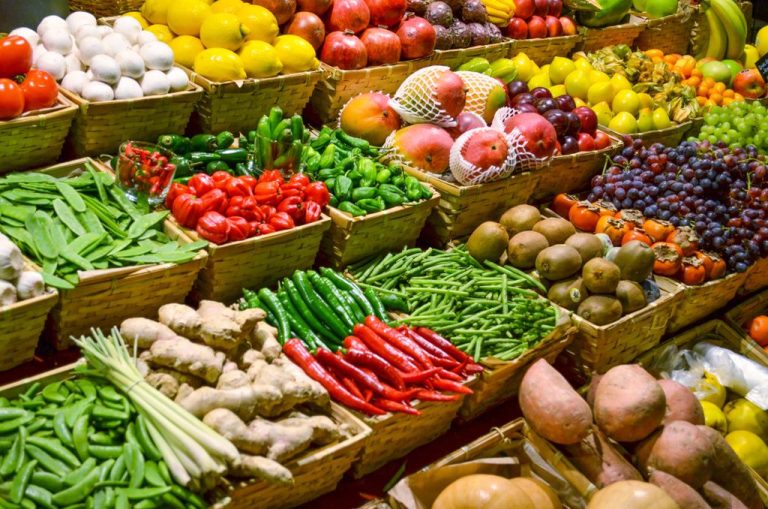A British study has examined the link between the risk of death and the daily consumption of certain types of fruit and vegetables. We explain which fruits and vegetables can extend your life.
Nobody knows 100 percent whether we can actually extend our life through our diet. Nevertheless, science is getting a little bit closer to this question. According to the current state of research, many factors are already known that have been proven to lead to a shorter life or a higher risk of death and health, such as smoking. A recently evaluated study now also provides information about which foods you should integrate into your diet in order to reduce your risk of death.

British researcher finds link between risk of death and fruits and vegetables
It has long been known that a balanced diet can have a positive effect on physical health. The consumption of fruit and vegetables in particular is praised to the skies. Primarily because it reduces the risk of developing chronic diseases such as cardiovascular disease or cancer. But does consuming these foods really have a direct impact on length of life?
British researcher Oyinlola Oyebode and her team from University College London conducted a study involving nearly two million people. The study was based on the national Health Survey for England. Here, between 2001 and 2013, the eating habits and other health parameters of more than 65,000 Britons were recorded and documented. This is reported by Health News.
The participants corresponded to the population average of Great Britain. Almost 4,400 participants died during the study period. With this data, the scientists have now found a connection between the death rate and the eating habits of people.
Five servings of fruit and vegetables a day achieve best results
The Oyebode study then examined the connection between the general risk of death and the daily consumption of fruit and vegetables. It was found that five portions of fruit and vegetables, integrated into the daily diet, are associated with a longer life. The researchers recommend splitting two servings of fruit and three servings of vegetables. But what do you mean by five servings a day? The ideal would be to consume 150 grams of fruit and 75 grams of vegetables. Sugared fruit is not included here as it can have negative health effects.
What was the study actually about? The participants were divided into two groups. One group ate just two servings of fruit and vegetables daily, while the second group ate the recommended five servings. The participants who ate the five servings had a 13 percent reduced risk of premature death. They were 12 percent less likely to die from cardiovascular disease and 35 percent less likely to die from respiratory disease.
The study concluded that the recommended amount of fruit and vegetables can reduce the general risk of death by up to 42 percent for people of all ages. Vegetables in particular can have a life-prolonging effect. Fruit performs less well in a direct comparison of the two food groups. If a larger amount of fruit is consumed than stated, this has no added health value. It does not bring any additional benefit to the body.

The greener the better: Spinach, lettuce and kale prolong life
Also, not all fruits and vegetables are equally helpful in reducing the risk of death. Basically, it makes the difference how starchy a vegetable is – potatoes, peas and corn do not show any positive effects because of their high starch content. The same applies to fruit juices, as they no longer contain enough nutrients.
Vegetables, which truly confer life-extending effects, are generally said to be green. Leafy greens like spinach, lettuce, and kale fall under this. But carrots also reduce the risk of some diseases. Fresh vegetables in particular lower the risk of death by 16 percent on average. Salad brings a 13 percent risk reduction, while fruit only brings a 4 percent lower risk per serving.
For the two daily servings of fruit, fruits high in beta-carotene and vitamin C, such as citrus fruits and berries, are beneficial. “The clear message from our study is that the more fruit and vegetables you eat, the lower the risk of death at any age. Those who like to nibble on carrots and other vegetables gain the most, but a banana or other fruit is also good,” explains Oyebode finally.

